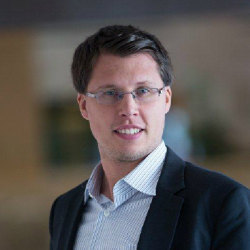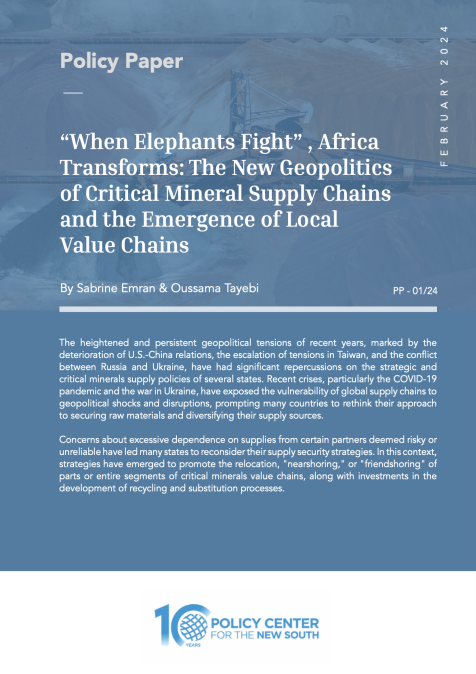Interview with Harry Verhoeven - International Conference on The Water-Food-Energy Nexus in Drylands: Bridging Science and Policy 11-13 June 2014, Rabat, Morocco
Speakers

Harry Verhoeven
University of Oxford
Dr. Harry Verhoeven is a Senior Research Scholar at the Center on Global Energy Policy, focusing on the political economy of climate change, international relations and the linkages between water, energy and food security. His regional focus is on Africa, the Middle East and the Western Indian Ocean.
He is the author of Water, Civilisation and Power in Sudan. The Political Economy of Military-Islamist State Building (Cambridge University Press) and Why Comrades Go To War. Liberation Politics and the Outbreak of Africa's Deadliest Conflict (with Philip Roessler, Oxford University Press/Hurst). He is also the editor of Environmental Politics in the Middle East. Local Struggles, Global Connections (Oxford University Press/Hurst) and of Marx and Lenin in Africa and Asia: Socialis ...








